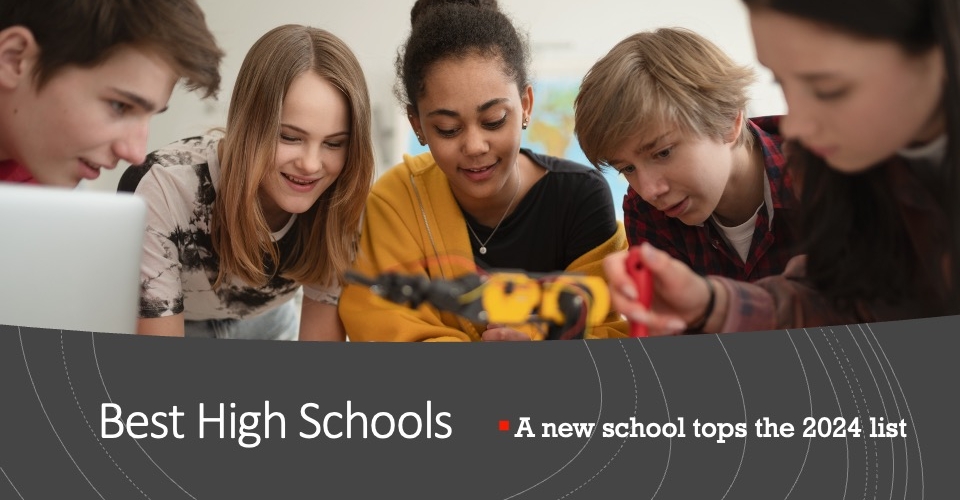ChatGPT, the artificially intelligent chatbot that forever shook the world of K12 education when it launched in November of last year, costs roughly $700,000 a day to operate, according to a new report published in Analytics India Magazine. Its maker, OpenAI, could face a world of trouble if they don’t turn a profit soon.
The company could face bankruptcy by 2024, the analysis suggests. For now, they’re able to sustain themselves with the help of investors like Microsoft.
“Microsoft’s $10 billion investment in OpenAI is possibly keeping the company afloat at the moment,” the report reads. “But on the other hand, OpenAI projected an annual revenue of $200 million in 2023, and expects to reach $1 billion in 2024, which seems to be a long shot since the losses are only mounting.”
The report also notes that as of May, OpenAI’s losses reached $540 million ever since its development of ChatGPT.
One of the more dominant red flags uncovered in the analysis points to ChatGPT’s steady decline in user visits to the website. Data collected by SimilarWeb indicates that the site reached a record-high number of visits in May this year at 1.9 billion. In July, the website only attracted 1.5 billion. However, this could be due to the fact that many organizations, including higher ed institutions and K12 school districts, are banning the chatbot’s use in the workplace.
Wow. latest @Similarweb OpenAI / ChatGPT data dropped this morning. Visits fell another 12% MoM from 1.7 billion in June to 1.5 billion in July.
Lower than March (1.6 billion), its 4th ever month…
The LLM churn is real https://t.co/q3ZqlP4fUJ pic.twitter.com/9usxue7GxZ
— Sasha Kaletsky (@SashaKaletsky) August 7, 2023
The research also cites an ongoing GPU shortage, which is necessary for the company to train further language models and improve them. As a result, ChatGPT’s output quality is declining.
“So, if OpenAI does not get more funding soon, the company might have to file by the end of 2024 to acquire more NVIDIA GPUs that are coming in the second quarter of the year, and start training their models,” the report reads. “Till then, competitions are coming up, losses are increasing, users are declining, lawsuits are piling up, and the quality is going down as well. Good luck, there!”
Most people, including the researchers, would assume that this drop in users would be attributed to the fact that a large number of the userbase are probably students, who wouldn’t need to leverage the technology during summer break. However, they address the fact that a number of companies are starting to develop their own generative chatbots and steering away from ChatGPT.
Several leading edtech companies and education providers, including Khan Academy, are leveraging ChatGPT specifically to enhance student learning. For instance, the company announced in March its pilot for Khanmigo, a tutoring aide powered by GPT-4.
Chegg, an education support service provider, also announced its version of a tutoring aide called CheggMate, also powered by GPT-4.
The next question is, how will OpenAI’s financial troubles impact the world of edtech moving forward?









